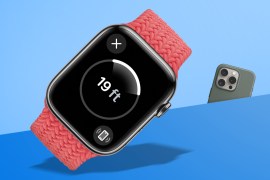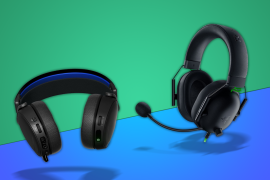Apple HomeKit devices and features: your complete guide
Everything you need to know about Apple’s preferred platform for smart home tech
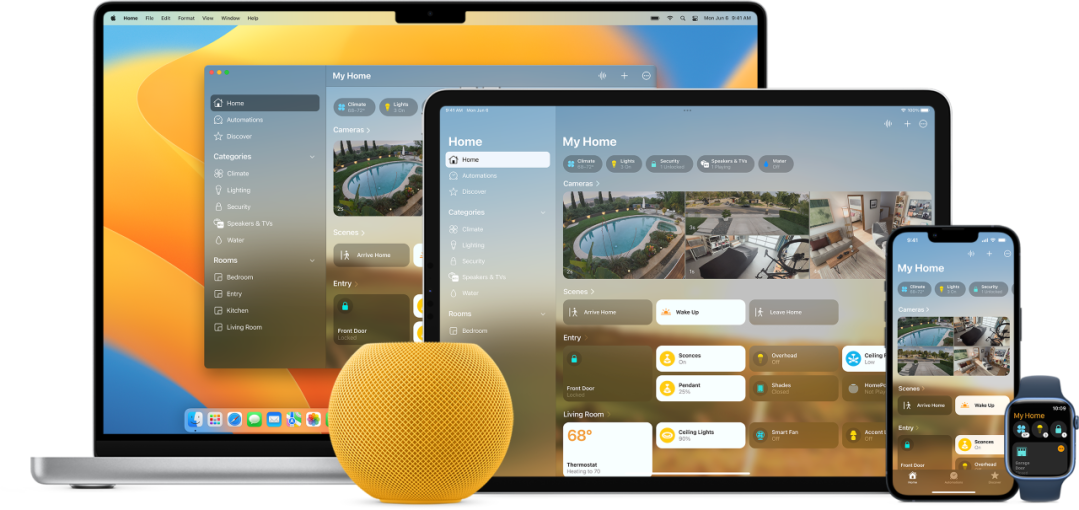
HomeKit is Apple’s very own smart home platform, and it enables gear from central heating controllers to smart plugs, smart lights and smart appliances to communicate with your Home app.
You can use it with Siri to control your entire home with your voice, and it’s easy to set up schedules and other automations to make your life easier. Here’s everything you need to know.
What is HomeKit?
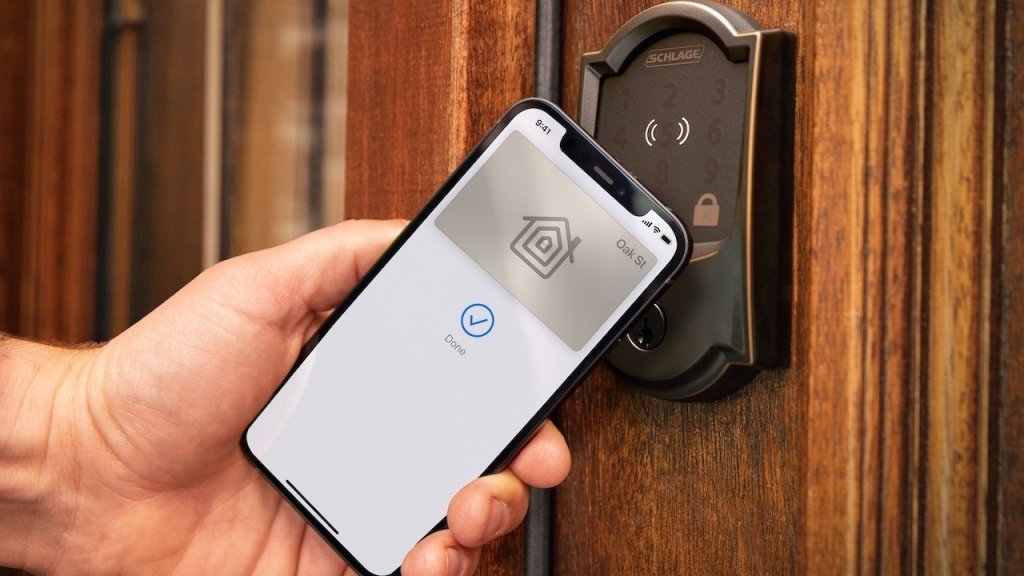
HomeKit, sometimes also called Apple Home, is way for devices to communicate in your smart home. Essentially it’s a way for different devices to introduce themselves, and to be controlled by the same smart home controller(s).
HomeKit is less popular and often more expensive than other smart home platforms, partly because until iOS 11 Apple demanded that HomeKit hardware included a special processor. That made supporting HomeKit more expensive and quite a pain, so many firms decided not to bother. Apple saw sense in 2017 and started allowing manufacturers to authenticate their devices via software instead, and there’s been a steady trickle of new devices ever since.
Do I need a HomeKit hub?
Yes, but that doesn’t necessarily mean you need to buy new hardware. The Apple HomePod mini is a HomeKit hub, and so is the Apple TV 4K. Rather annoyingly, iPads were HomeKit hubs until last year when Apple changed its mind.
For some smart home devices you may need specific hardware to use them with HomeKit. For example Philips Hue smart bulbs, lightstrips and other smart lights are HomeKit compatible, but only if you connect them to a Hue Bridge.
How do I control HomeKit devices?
Although many devices have their own individual iPhone and iPad apps, the ideal way to control HomeKit devices is using Apple’s Home app for Mac, iOS or iPad OS, or to use voice control via Siri.
What devices work with HomeKit?
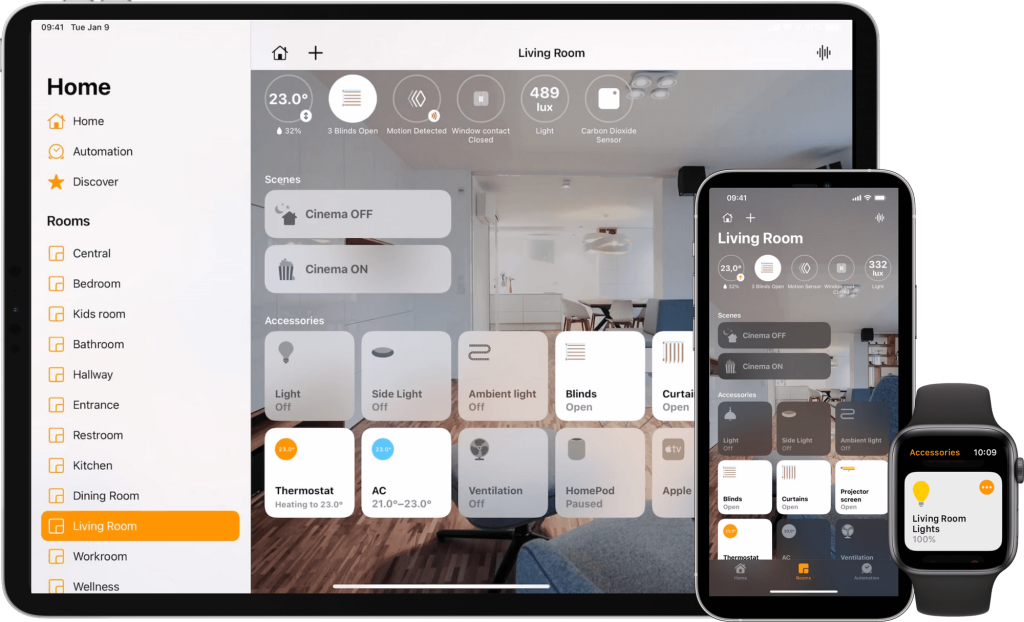
According to Apple, there are now more than 50 brands with HomeKit devices ranging from smart speakers to smart sprinklers. And of course Apple’s own smart home products such as the HomePods mini and Apple TV 4K are HomeKit compatible. The Apple TV box also doubles as a HomeKit hub that other devices can connect to, and if you buy the most expensive model it also adds support for Matter. And pun fully intended, Matter matters.
What’s all this about Matter?
Matter is a new standard for smart home tech, and it’s designed to solve one of the more annoying smart home problems: when devices made for Platform A don’t work with Platform B. We’ve got an entire guide explaining what Matter is and why it’s important, but here’s the short version: if it works with Matter then whether it’s a HomeKit, Alexa or Google Nest device doesn’t matter. They’ll all play nicely with your Matter-friendly home hub.
The reason this is a big deal is because all the big names are on board – not just Apple but Amazon, Google, IKEA, iRobot, TCL, Signify (the owners of Philips Hue), Nanoleaf and Samsung too, as well as many others.
So are all HomeKit devices Matter compatible?
No. Any new hardware with the Matter logo on the box will be, of course, but we don’t know what Apple and third party manufacturers’ plans are for their existing devices. It should be possible for them to add Matter compatibility to many devices via firmware updates, but there’s a big difference between “could” and “will” – especially with devices that are already getting on a bit. Why upgrade existing kit if you can get customers to buy new kit instead?
What’s most likely is that we’ll see upgrades for recent devices, with older/cheaper ones becoming obsolete.

